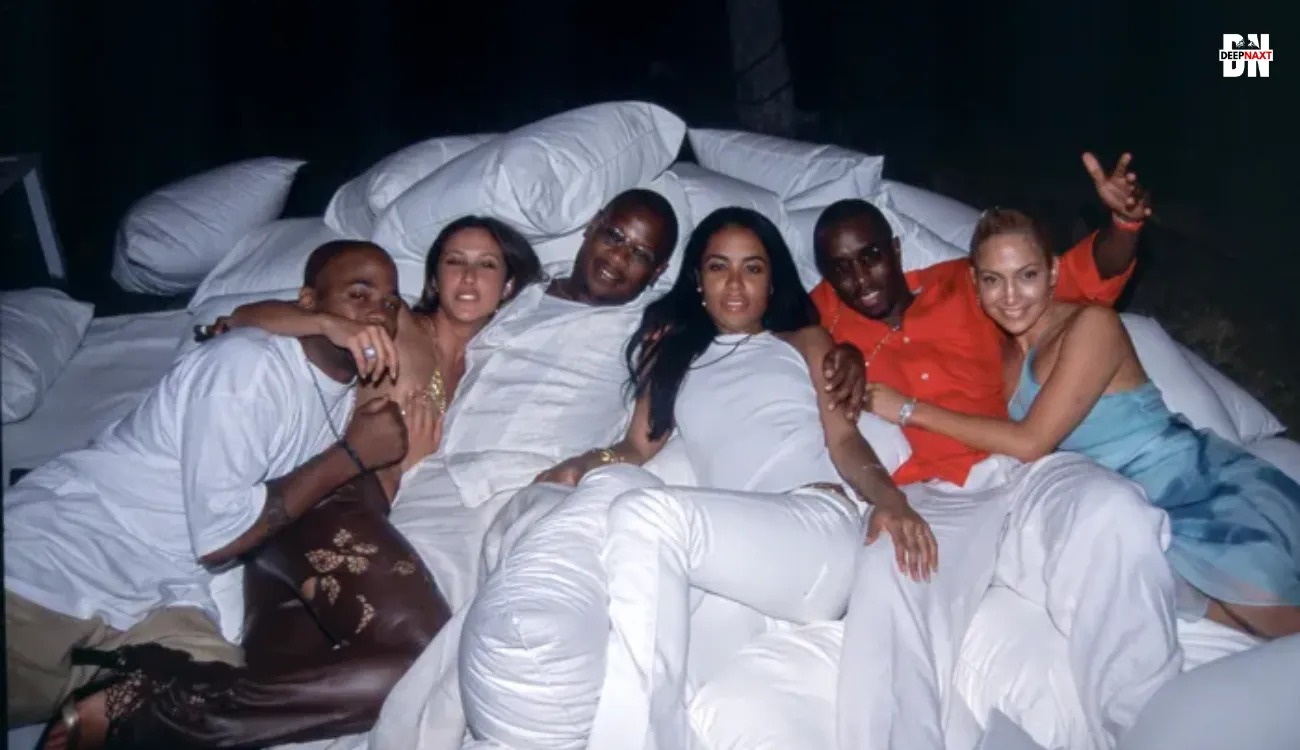Sean Combs, better known as Diddy, P Diddy, or Puff Daddy, is one of hip-hop’s richest moguls—and not just because of chart-topping records. For decades, fans and finance junkies alike have asked the same burning question: how did Diddy make his money?
The answer? Diddy is more than just a rapper or music producer. He’s a branding genius, a marketing strategist, and a serial entrepreneur who turned raw hustle into one of the most impressive portfolios in entertainment history.
Let’s break down how Diddy made his money, stream by stream—and dollar by dollar.
Bad Boy Records: The Launchpad to Millions
Diddy’s money story begins with music. After leaving Howard University, he worked as an intern at Uptown Records, where he quickly climbed the ranks. But it was the founding of Bad Boy Records in 1993 that changed everything.
With artists like:
- The Notorious B.I.G.
- Faith Evans
- 112
- Mase
Bad Boy churned out platinum albums like a hit factory. As an executive producer and songwriter, Diddy earned not only fame but massive royalty streams, publishing rights, and executive profits.
Every hit album, every remix, every remix of a remix — meant more money in his pocket.
Sean John: Turning Fashion Into Fortune
By 1998, Diddy wasn’t content just to dominate music—he wanted to control the culture. Enter Sean John, his urban fashion line.
Unlike many celebrity brands, Sean John had real success:
- Sold in Macy’s and other major retailers
- Reached over $500 million in annual revenue
- Won the CFDA Menswear Designer of the Year Award in 2004
He later sold a majority stake in the brand, cashing out big time, and then reacquired it in 2021, aiming to revitalize the line. Sean John wasn’t just clothing—it was a money-printing machine.
Ciroc Vodka: The $1 Billion Bet That Paid Off
Perhaps the biggest move in how Diddy made his money came in 2007, when he partnered with Diageo to promote a floundering vodka brand called Ciroc.
Instead of a flat endorsement deal, Diddy negotiated something rare: a 50/50 profit split. Through brilliant marketing, celebrity endorsements, and lifestyle branding, Ciroc became the drink of choice for VIPs and hip-hop heads alike.
At its peak, Ciroc was selling 2+ million cases a year. Forbes estimated Diddy’s take at over $100 million—and possibly up to $1 billion over the life of the deal.
No one had ever flipped alcohol marketing quite like this before. Ciroc turned Diddy from a rap mogul into a true liquor tycoon.
TV and Film: Behind the Camera, Big Checks
Diddy knows how to produce drama—on and off the screen. But his investments in TV and film are another crucial part of his financial empire.
He produced:
- Making the Band (MTV reality series)
- Notorious (biopic of Biggie Smalls)
- Various music videos, documentaries, and live specials
He also launched Revolt TV, a music-oriented digital cable network focused on hip-hop culture, news, and black-owned media. While it hasn’t generated the same returns as Ciroc or Bad Boy, it showed Diddy’s long-term vision for media ownership.
He didn’t just want to be on TV—he wanted to own the network.
Real Estate and Investments: The Quiet Millions
You won’t always see it in headlines, but Diddy owns:
- Multiple luxury homes in Los Angeles, New York, and Miami
- Commercial real estate developments
- Stakes in tech startups and cannabis companies
His diversified investments have helped him weather ups and downs in the entertainment world. In interviews, Diddy has emphasized the importance of financial literacy, generational wealth, and legacy planning—values that continue to grow his net worth.
How Diddy Made His Money: In a Nutshell
| Revenue Source | Estimated Contribution |
|---|---|
| Bad Boy Records (Music) | $150–200 million+ |
| Sean John (Fashion) | $100–300 million |
| Ciroc Vodka (Liquor) | $500 million–$1 billion |
| TV/Film/Media (Revolt) | $50–100 million |
| Investments/Real Estate | $100 million+ |
Add it up, and it’s easy to see how Diddy made his money. He didn’t just follow trends—he created them, owned them, and monetized every piece of culture he touched.
Did Diddy Lose Money?
Recently, Diddy’s name has come under fire amid legal controversies and federal investigations. These may impact his brand image and business partnerships. He’s lost some Ciroc sponsorship momentum, and Sean John’s revival has been clouded by lawsuits.
However, his past wealth-building strategy was built on equity and ownership, not just fame—so despite recent turbulence, his foundation remains strong.
Conclusion: The Blueprint of a Billionaire
So how did Diddy make his money? Through relentless hustle, brand mastery, smart partnerships, and a fearless belief in his own vision. He transformed himself from a streetwise intern into a billionaire cultural icon.
Whether in the studio, on the runway, or in a boardroom, Diddy proved that real wealth comes from ownership, not just applause. And while his recent legal troubles may tarnish the shine, the empire he built is a case study in Black entrepreneurship, creative power, and branding brilliance.
FAQs
What’s Diddy’s net worth?
As of 2023 estimates, Diddy’s net worth was over $900 million. This may fluctuate due to ongoing legal issues and market changes.
Is Diddy still involved in Ciroc?
As of early 2024, Diddy’s partnership with Diageo ended in a public legal battle, but his past earnings from Ciroc were substantial.
How much did Diddy sell Sean John for?
He originally sold a majority stake but repurchased the brand in 2021 for around $7.5 million.
What was Diddy’s biggest income source?
Ciroc Vodka remains the single biggest money-maker in his portfolio.
Did Diddy inherit any money?
No. He built his empire from the ground up, starting with an unpaid internship in the music industry.
